Retha Swindell by Rodney Page
A tribute to Retha Swindell by Rodney Page.
Rodney Page
Life Coach
March 15, 2024
The talent and character of Retha Swindell have stood the test of time. It was an honor and privilege to recruit her to UT Women’s Basketball nearly 49 years ago. Her Presence and Personal Attributes matched her exceptional physical gifts and talents. What I initially saw in her, has proven to be true. It wasn’t just Retha; it was her family, mentors, and overall support system that made the whole recruiting experience a “Family Affair.” Because of the uncharted waters we were entering into, we had to get it right and we did. We did not have the luxury of failing, and we didn’t. We were successful in breaking racial barriers for the first time on many levels.
We have maintained a special friendship over the years with an ever-increasing respect and appreciation for our place in UT Sports history and otherwise. We share the mantle of Pioneer, Trailblazer, History Maker, and Barrier-Breaker. We were destined “to boldly go where no one had gone before.”
I am eternally grateful for my role in the journey of Retha Swindell. It has been one of my life’s richest endeavors filled with abundant meaning and significance. It is a relationship that remains steadfast and enduring.
Retha Swindell
“Retha Swindell – A Personal Tribute”
by Rodney Page
“The game starts on the defensive end.” That was my belief and philosophy throughout my basketball coaching career. That mindset guided me in recruiting Retha Swindell for the UT Women’s basketball team. I first saw her play in the 1974 State Tournament in the intimate confines of Gregory Gym on the UT campus. In many respects, she was poetry in motion with gazelle-like, fluid movements, light on her feet, with explosive quickness in acceleration and leaping. And, she only played on the defensive end of the floor as Texas girls’ basketball was still playing half-court with 3 offensive players on one end and 3 defensive players on the other end with neither crossing center court. Those were the times. She was an All-Tourney selection as a junior in 1974.
What I saw in Retha was a Bill Russell type player who potentially could greatly impact the college game with her defensive and rebounding skills, as well as her ability her to run the floor due to her track experience. Speed, quickness, height, and wingspan were her gifts that I was certain would translate into basketball success at the collegiate level.
A short time later I observed her at the 1974 Girls’ State Track and Field Meet at Memorial Stadium during which she set both the National and State record in the Triple Jump at 39 feet.
2 3/4 inches. Truly, an impressive accomplishment for a gifted athlete and a special young lady. Are you feeling what I saw? It was more poetry in motion to watch as she made her approach down the runway to the triple jump pit with her fluid, gazelle-like stride and the explosive, well-coordinated take-off. Can you see it?
Needless to say, I was excited about Retha’s performances in both the state basketball tournament and track meet. In my mind’s eye, I was able to quickly transfer her immense track talent to the basketball court. I envisioned her as a defensive anchor in whatever defense we played, man-man (player-player), zone, or full-court press in which she could be a basket protector as well as point the press on occasion. And yes, we played them all. I also knew that she could run the floor and would be a perfect fit in our preferred up-tempo style.
Because of her innate natural talent, I assumed that she would be a force on the defensive end
of the court, and of course rebounding. I anticipated that she would probably average around 8-10 points per game just being around the basket. Remember, I had never seen her play offensive basketball. Retha’s per/game averages for her 1975-76 freshman season, the only season she played for me, were as follows: 15.5 points, 10.1 rebounds, 3.3 assists, 5.6 steals, and 2.8 blocks.
An amazing, dominant performance for a player who had never played the full-court game. Obviously, I underestimated her offensive skills — a monumental understatement. What I have learned is that Retha’s offensive skills were developed and polished through competition with her brothers and cousins who were outstanding high school and collegiate athletes. For Retha’s freshman season, she was recognized as a Co-MVP award winner along with Cathy Steinle (Self-Morgan). She was truly a gifted athlete with the intellect and intelligence to match. She possessed an extremely high basketball IQ, with a knack and feel for the game which contradicted her full-court playing experience. A few other traits stood out about Retha. She was quiet, somewhat shy, yet extremely discerning, insightful, intuitive, and a quick learner with a witty, dry sense of humor. ????
The Recruiting Process
I think you can see why I was excited about recruiting Retha to UT. Her talent and potential were enormous, so apparent, and so obvious to those who understood the game, and had “eyes to see.” Not only would she be an anchor, but a cornerstone as well for a quickly improving and developing program. That was my vision and thinking at the time.
My first contact was with her high school basketball and track coach, Dorothy Williams, in the Spring of 1974. I shared several phone conversations and letters with Coach Williams. I first met Retha in person at the 1974 UIL Track and Field Meet.
Let me back up a little. There was no recruiting budget at the time. Letters and long-distance phone calls to Coach Williams were the primary means of communication. There was no long-distance phone line for Women’s basketball at the time. Leon Black, UT Men’s Basketball Coach, was gracious in offering and sharing his office phone as well as other equipment, supplies, and facilities. The women’s budget was slim, to very limited, at the time. I was on the hustle to elevate the program to a successful, respectable status.
With Retha at Center HS Awards Ceremony, Spring 1975.
Coach Williams and I quickly developed a professional relationship based on truth and trust. She was very much in favor of Retha attending UT. She was aware of the overall racial significance of Retha attending UT and knew that Retha had both the academic and athletic gifts to excel at UT. I’ve been told that Coach Williams shielded Retha from other coaches and recruiters in deference to my recruiting pursuit of her for UT Women’s basketball. “TRUST.” In essence, I not only recruited Retha, but also Coach Williams, and Retha’s family as well. Considering the times, and what we were embarking upon, it was absolutely essential. I understood the life language, in addition, I was uniquely qualified and able to address Retha’s aspirations, as well as fears and concerns that she, or her family and others, may have had. The path of a pioneer or trailblazer is never easy, yet it is filled with significant meaning and fulfillment. It is not for everyone. I know the path well! Retha Swindell had the internal strength and many other unique qualities that allowed her to successfully break a long-standing color barrier in becoming the first African-American Woman Basketball Player at UT. It took great courage to “walk that walk” with the spirit of a pioneer and trailblazer. She was “called” for that purpose in her life.
Retha was also blessed with a solid support system which included a strong, positive family dynamic, caring and protective coaches, and Helen and Judy Bowers (the Bowers sisters) two Center HS teachers who served as caring mentors and advocates for Retha. If memory serves me correctly, they were UT graduates and very much wanted Retha to attend UT.
In the spring of 1975, I made a recruiting visit to Center, TX (at my expense) to attend an awards ceremony at which Retha received scholarship recognition. It was a special opportunity to meet and visit with her family, other coaches and teachers, and the Bowers sisters. It was important and crucial for me to journey to Center, TX, Retha’s hometown and turf, to visit her family and support system. Retha had a large family that included 10 siblings with triplet sisters in the mix. I remember walking into Retha’s home with many of her family gathered around. Her mother’s eyes connected with mine, with a message which seemed to say, “will you take care of and look out for my daughter?” “TRUST”
Another important recruiting connection was that I knew Retha’s older brother, Earl Swindell, who owned a Gulf Service Station in Houston’s Third Ward at the corner of Scott St. and
Celebration of a Great Life Coach
MacGregor Parkway. I lived in the Third Ward while completing my high school (Jack Yates) and college (University of Houston) days. Swindell’s Gulf Station was an occasional pit stop for me, whereas I had an uncle who lived closer and was a frequent visitor to the station and knew Earl on a friendship basis. Connections in the community were important! “TRUST.” The oral history is that Swindell’s Gulf Service Station was one of the first African-American owned service stations in Houston, TX. He owned that business for close to 40 years. In many respects, Earl Swindell was an anchor in the community providing not only excellent service, but jobs and often financial assistance to those in need. A true testament to the Swindell family values of “work ethic” with a strong sense of “responsibility” and “sharing.”
The Scholarship
Retha was the recipient of the prestigious Texas Achievement Scholarship, a 4-year full ride to UT, based on her academic achievements in high school. She graduated 4th in her class from Center HS where she was a member of the National Honor Society 2 years and a member of Who’s Who 4 years. She was a true student-athlete and her excellence extended far beyond athletics. Retha Swindell would not have been able to attend UT if not for the academic scholarship. At the time there were no full athletic scholarships for women, only a few partials for each sport. The financial times were lean in Women’s Athletics.
For many reasons, it was important for Retha to attend UT on an academic scholarship. It was somewhat intentional, yes! In truth, I preferred it to be that way. You see, when barriers are crossed and broken so are myths, stereotypes, and erroneous beliefs. Part of Retha’s UT journey has been to defy many of the myths, stereotypes, and erroneous beliefs about the capacity, competence, and qualifications of black athletes and people of color; academically and athletically. There were other athletes, more than acknowledged, who were capable of attending UT, academically and not just athletically. Of that, I am certain. A sense of welcome and belonging were not as obvious as today, and some athletes were not willing to face the challenges and difficulties of breaking racial barriers. The history, as well as the progress, are both undeniable.
Another aspect of the story is that two other talented black players at Panola Junior College, Debra Thomas and Pat Johnson, had agreed to play for the Lady Longhorns in the next season of 1976-77. They had been recruited and vetted by coach Dorothy Williams and the Bowers sisters. “TRUST.” Debra Thomas had been a teammate of Retha’s at Center HS. After my coaching termination, they chose to take their talents to Stephen F. Austin and play for the legendary coach, Sue Gunter.
Internal Strength:
In the fall of Retha’s sophomore year, November of 1976, tragedy struck the Swindell family. I received a call from Retha one evening informing me that her mother had been killed in an auto accident returning home from Church. I remember seeing Retha on campus during that time burdened with great sadness and disappointment. I knew the sadness I had in my heart and could only imagine what Retha was carrying internally. Obviously, during this challenging time her internal strength and composure were not only tested, but shone brightly as her academic and athletic excellence never wavered. As you might suspect, I made another trip to Center, TX offering my support and concern for Retha and her family. In a small way, I was answering the message of her mother’s eyes when we first met, yes, “I will look out for your daughter.” “TRUST.” In a recent phone conversation, Retha shared that Novembers are still tough for her.
Records, Awards, and other Achievements
Retha’s legion of achievements includes USA/International Basketball Experience on the 1978 USA Select Team which traveled to Korea, Hong Kong, China, and Japan. She was also honored as Women’s NIT All-American in 1977-78, along with other AIAW honors for rebounding and points scored. In the Texas Record Book, her achievements are numerous, and well documented in the areas of rebounding, scoring, and games played. In her own humble and unassuming manner, she was truly outstanding!
Retha was a 2001 University of Texas Women’s Athletics Hall of Honor Inductee. In 2014, The Center High School Alumni Association recognized Retha as a Hall of Honor Award Recipient for all of her achievements. Both Hall of Honor Awards represented achievements on and off the court.
After graduating from UT in 1979, Retha played professional basketball with the Chicago Hustle and Dallas Diamonds. Matter of fact, at her request, I assisted in negotiating her first professional contract with the Chicago Hustle. I was still looking out for her mother’s daughter. It was an honor and a privilege. “TRUST.”
Retha settled into a long teaching and successful coaching career with stops in Tyler, Pineland, and Baytown. Her achievements included district championships, regional finalists, and twice being named “district coach of the year.” She has recently retired from Baytown ISD and hopefully enjoying retirement.
Wilma Rudolph once said, “Sometimes it takes years to really grasp what has happened to (in) your life.” This is often true for many. As I look back over the 45 years I’ve known Retha, I better understand and grasp the deep meaning and significance of her journey. I trust that she does as well. She has played an integral role in the shifting, social landscape of Texas Longhorn Athletics History, Black History, and American History.
I share this tribute to honor not only Retha, but also her strong family, Coach Dorothy J. Williams, Helen and Judy Bowers, and the remainder of Retha’s support network. All, have a special place in my heart and soul. The “Village” has always been an important dimension in the life and legacy of Retha Renee Swindell.
Rodney Page
Life Coach
February 19, 2019
XXXXXXXXXXXXXXXXXXXXXXXXXXXXXXXXXXXXXXXXXXXXXXXXXXXXXXXXXXXXXXXXXXXXXXXXXXXXXXXXXXXXXXXXXXXXXXXXXXX
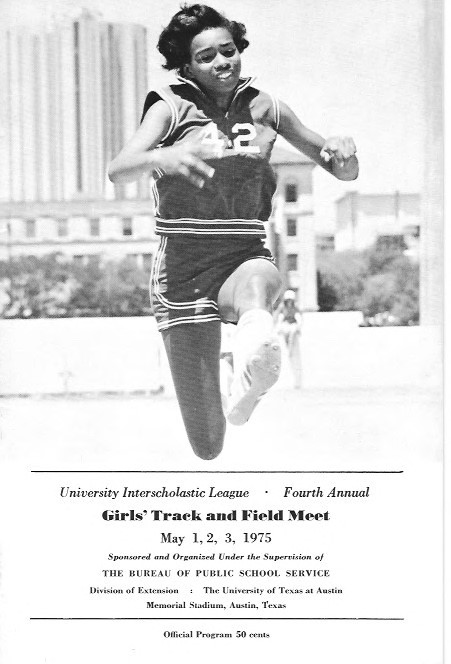
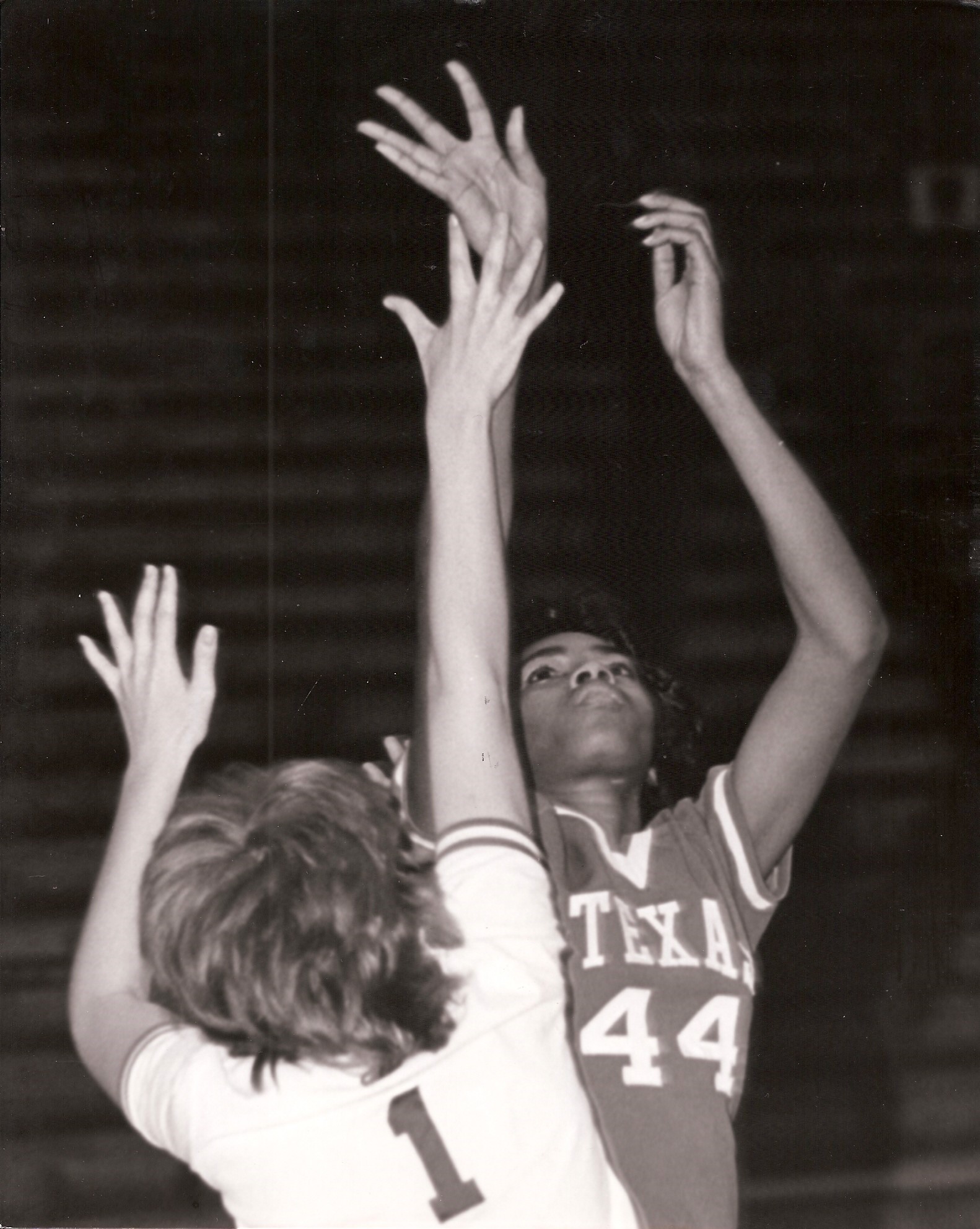

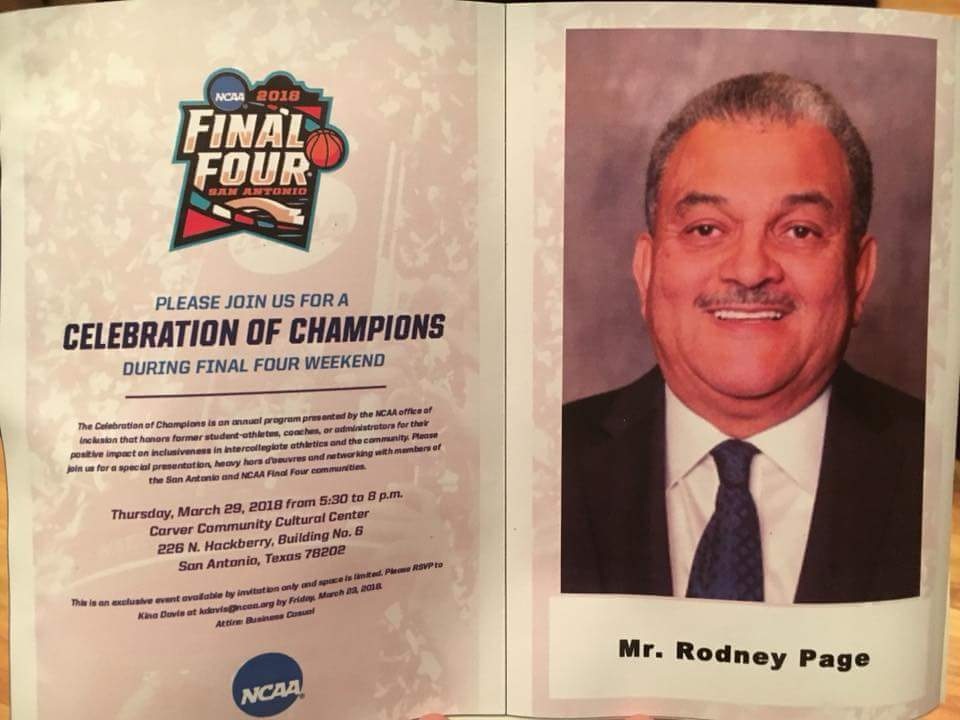
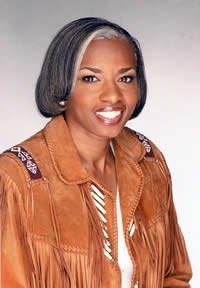
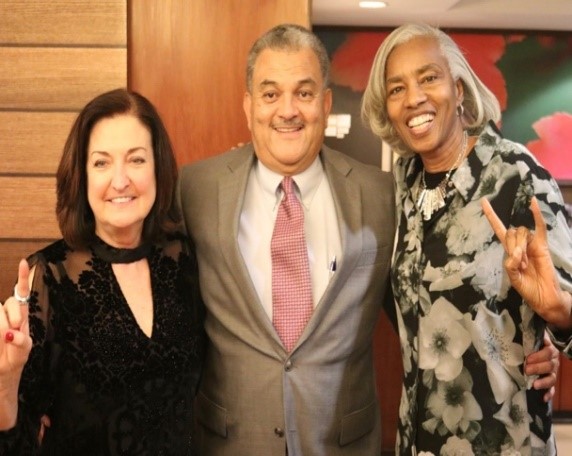
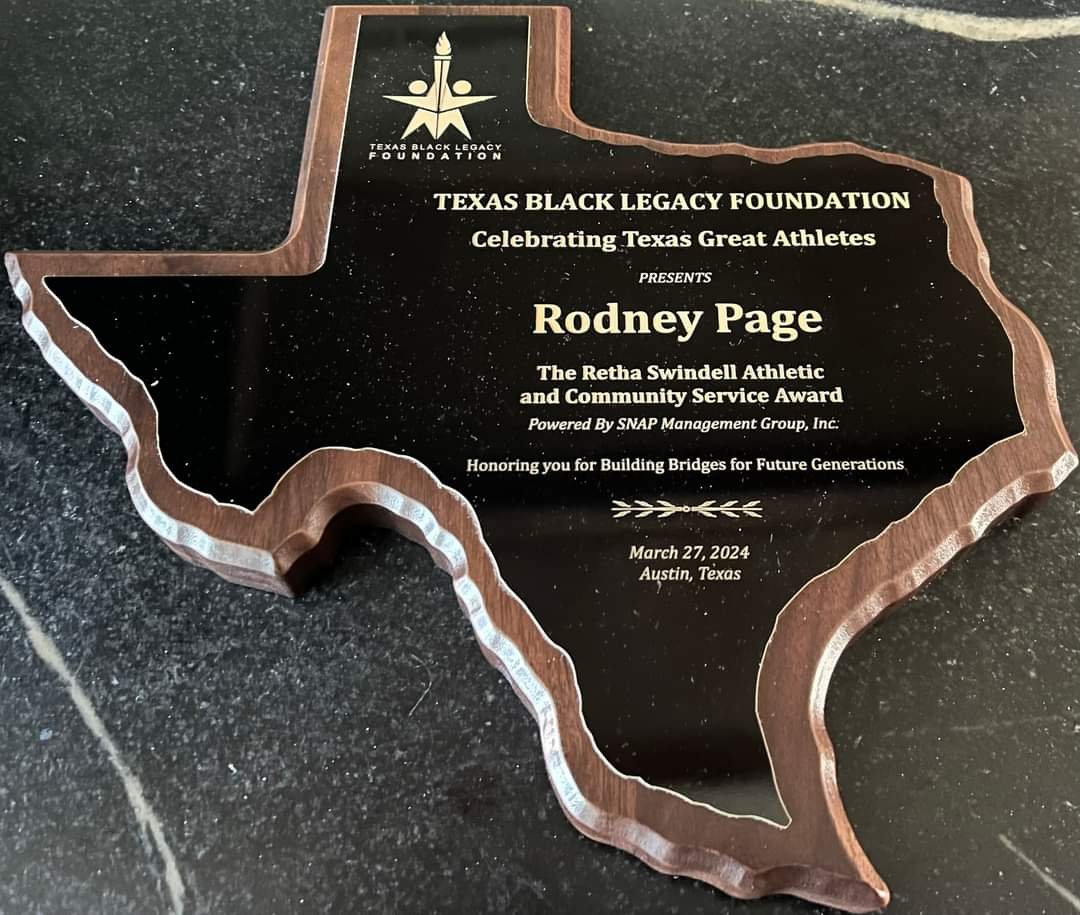
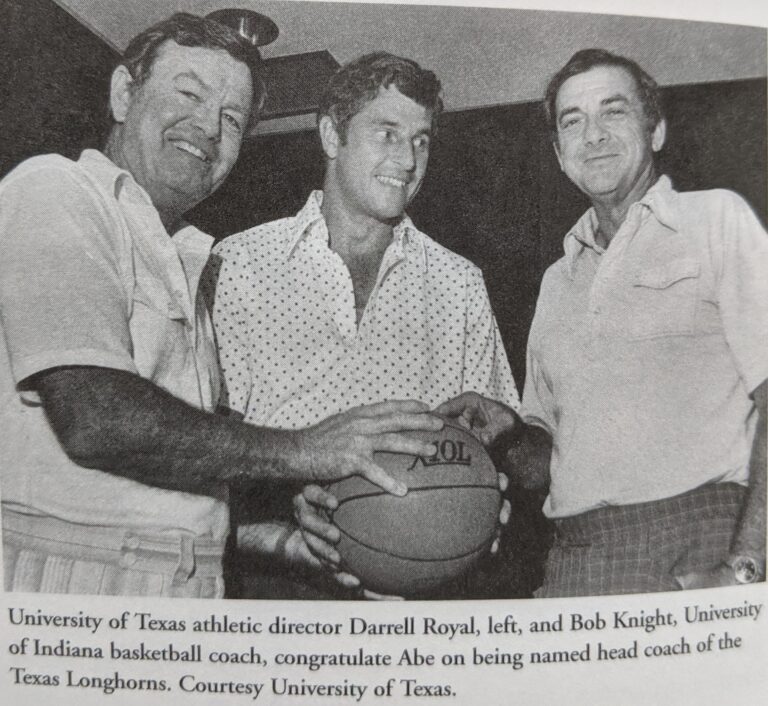



One Comment